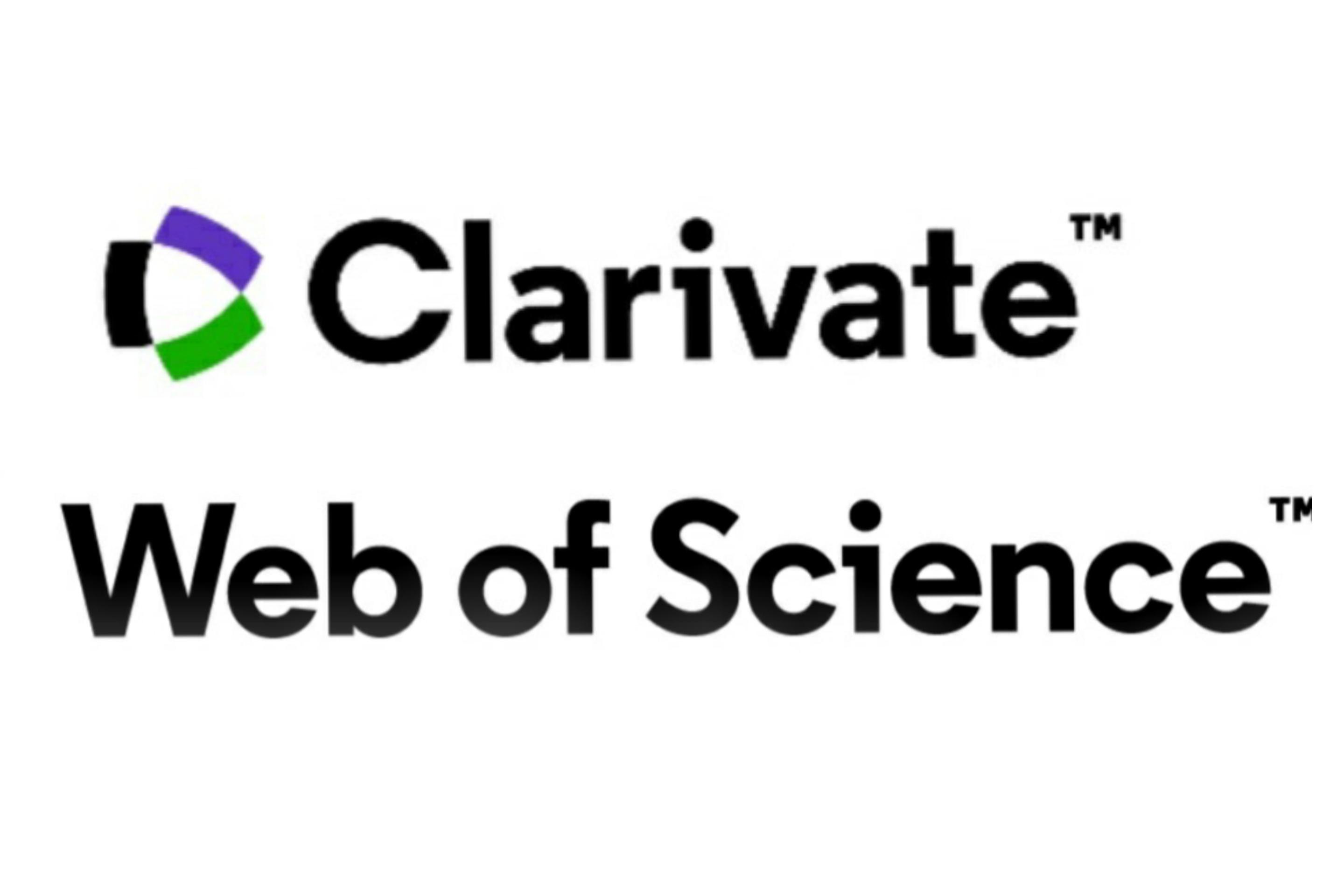Didactic conditions for the formation of technical competences of university students
DOI:
https://doi.org/10.26577/RCPh.2023.v86.i3.09Keywords:
technical competencies, physics, professional-oriented training, student, engineer, university, lecture, classAbstract
This paper discusses the issue of organizing professional-oriented training (POT) in physics for students of the educational program "Power Engineering" in order to form students' technical competencies, which are extremely necessary and important in the process of performing professional tasks in the future. The article presents the didactic conditions for the formation and development of technical competencies of university students, an example of a professionally oriented lecture on the topic of physics with an emphasis on the electric power industry, tasks for independent work of a student with technical content. Selected laboratory works on the considered topic of the section of mechanics are shown, which are necessary for fixing the lecture material. Particular attention is paid to the organization of the student's research work - attracting students to an effective, informative, and most importantly - professionally oriented research work of the student. The effectiveness of the organization of POT in physics is shown.
References
G.L. Gabdullina, G.K. Nauryzbaeva, E.O. Kutkeldieva, Abai Kazakh National Pedagogical University Bulletin scientific journal, 2 (2019) (in Kaz.).
B. Hasanuly, Herald АРSК, 2, 25-29 (2016). (in Russ.).
Sh. Taubayeva, Pedagogy and Psychology, 2 (31), 12-18 (2017). (in Russ.).
L. Martin, Developing entrepreneurial competencies-an action-based approach and classification in education, (Licentiate Thesis, Report number L2013:070. © Martin Lackéus, 2013).
L.А. Borisova Development of technical competences of students based on information technologies of education, Abstract of dissertation for the degree of candidate of pedagogical sciences, (Kazan, 2006). (in Russ.).
N.V. Ageeva, Development of a model of technical competence, (Personnel Business, Moscow, 2004). (in Russ.).
L.H. Mazhitova, A.I. Kenzhebekova, Vestnik APNK, 1, 59 (2011). (in Russ.).
G.K. Nauryzbayeva, G.V. Revalde, Journal of Educational Sciences, 4, 47-54 (2019). (in Russ.).
K. Yessenamanova, et al., Practice-oriented education in universities: Opportunities and challenges, Intern. Multidisc. Scientific GeoConf. Surveying Geology and Mining Ecology Management, SGEM, 837–844 (2020).
A.В. Zvezdova, Innovative pedagogical technologies: Active training, (Мoscow, Science, 2012), 104 p. (in Russ.).
I.A. Zimnyaya, Internet‒ zhurnal «Eidos», (2006), Retrieved from: http://www.eidos.ru/journal/2006/0505.htm2 23.11.2018). (in Russ.).
I.V. Robert, Shkola Press, 4, 112-140 (2004). (in Russ.).
G.K. Nauryzbayeva, G.L. Gabdullina, Rec.Contr.Phys., 4 (83), 81-87 (2022). (in Russ.).
Sh. Zhussipbekova, G. Alimbekova, et al., Computer Applications in Engin. Education, 31 (3), 574-582 (2023).
V.B. Rystygulova, A.K. Zhaksylykova, Bulletin of KazNPU "Physical and Mathematical Sciences", 2(70), 194–198 (2020). (In Kaz.).
Zh.M. Bitibaeva, D.M. Nasirova, et al., Scientific and Methodological Journal. Pedagogy is not psychology, 1(50), 172-181 (2022). (in Russ.).
I. Bilgin, E. Šenocalk, M. Sözbilir, Eurasia J. of Math., Science & Technology Education, 5(2), 153-164 (2009).
I. Koponen, I. Nousiainen, International Journal of Science and Mathematics Education, 11(2), 325-357 (2013).
https://7kun.kz/aza-standa-y-balama-energiya-k-zderi-zhel-energiyasy/ - – Қазақстандағы балама энергия көздері: жел энергиясы (in Kaz.).
D.M. Nasirova, Sh.I. Khamraev, et al., Bulletin of Science and Education, 8 (111). Part 1 (2021). (in Russ.).
W.C. Byham, Development Dimensions International, 1, 39-47. (2016)













